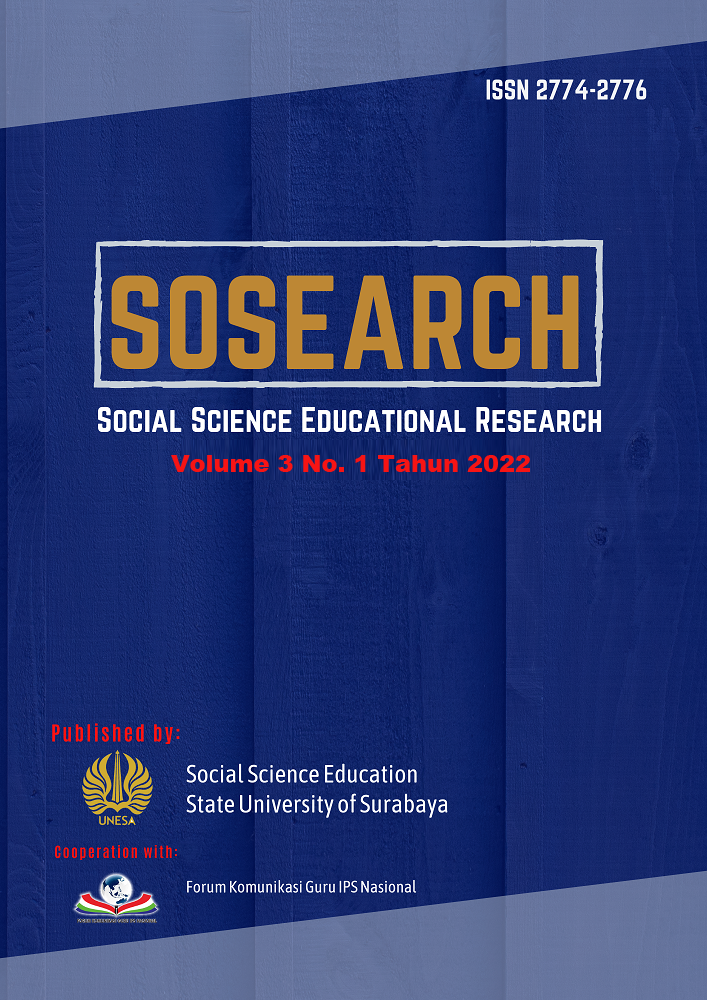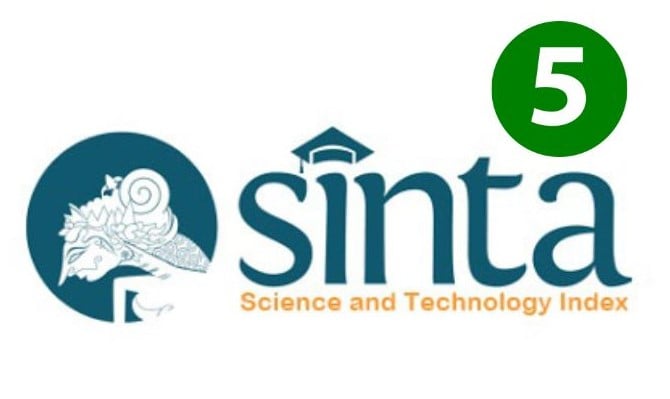Array
DOI:
https://doi.org/10.26740/sosearch.v3n1.p1-11Keywords:
Guidance and counseling, Science Education, School Administration, Culture, linguistically diverse studentsDownloads
Download data is not yet available.
 Abstract views: 209
,
Abstract views: 209
, PDF Downloads: 166
PDF Downloads: 166




.png)

.png)

.png)
.png)
.png)
.png)
